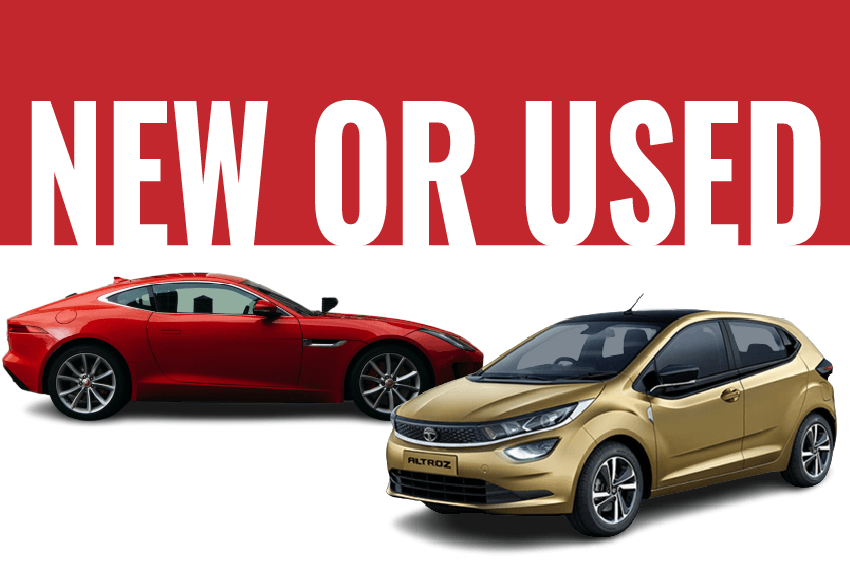The decision to purchase a car is a significant one, and it’s accompanied by a fundamental question: Should you opt for a shiny new vehicle or consider the value proposition of a used car? Both options have their merits, catering to different preferences and priorities. This article delves into the pros and cons of buying a new car versus a used car, helping you navigate the decision-making process with clarity and confidence.
New Car: The Appeal of Uncharted Territory
Pros of Buying a New Car:
- Latest Features and Technology: New cars often come equipped with the latest advancements in safety, entertainment, and convenience technology, enhancing your driving experience.
- Warranty Coverage: New cars typically come with comprehensive warranty coverage, offering peace of mind against unexpected repairs during the initial years of ownership.
- Personalization: When you buy new, you can often choose the exact make, model, color, and features you desire, allowing for a customized driving experience.
Cons of Buying a New Car:
- Depreciation: New cars depreciate rapidly in the first few years, resulting in a significant loss of value shortly after purchase.
- Higher Costs: New cars come with a higher initial price tag, as well as increased insurance premiums and registration fees.
- Limited Budget Impact: The substantial upfront cost of a new car can limit your financial flexibility for other investments or expenses.
Used Car: The Wisdom of Value and Reliability
Pros of Buying a Used Car:
- Cost Savings: Used cars are more affordable upfront and experience less steep depreciation, offering better value for budget-conscious buyers.
- Lower Insurance Costs: Used cars generally come with lower insurance premiums, helping you save money over time.
- History Insights: Vehicle history reports allow you to assess a used car’s condition, previous ownership, and accident history, empowering you to make an informed choice.
Cons of Buying a Used Car:
- Potential Maintenance Needs: Used cars might require more maintenance and repairs compared to new cars, especially if they have higher mileage or are older.
- Limited Warranty: While certified pre-owned programs provide some warranty coverage, it might not be as extensive as what you’d get with a new car.
- Limited Availability: Finding the exact make, model, and features you desire in a used car might require more patience and searching.
Conclusion
The decision between a new car and a used car ultimately hinges on your priorities, budget, and preferences. If the latest features, warranty coverage, and personalized options are essential to you, a new car might be the way to go. On the other hand, if you’re looking for better value, lower depreciation, and cost savings, a used car might be the smarter choice. By carefully considering the pros and cons of each option and aligning them with your needs, you can make an informed decision that leads to a satisfying and rewarding driving experience.
